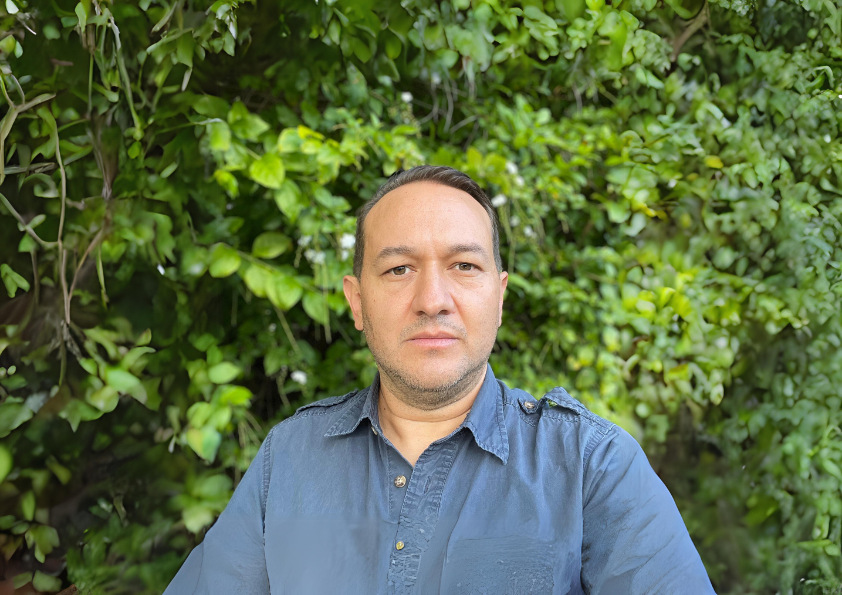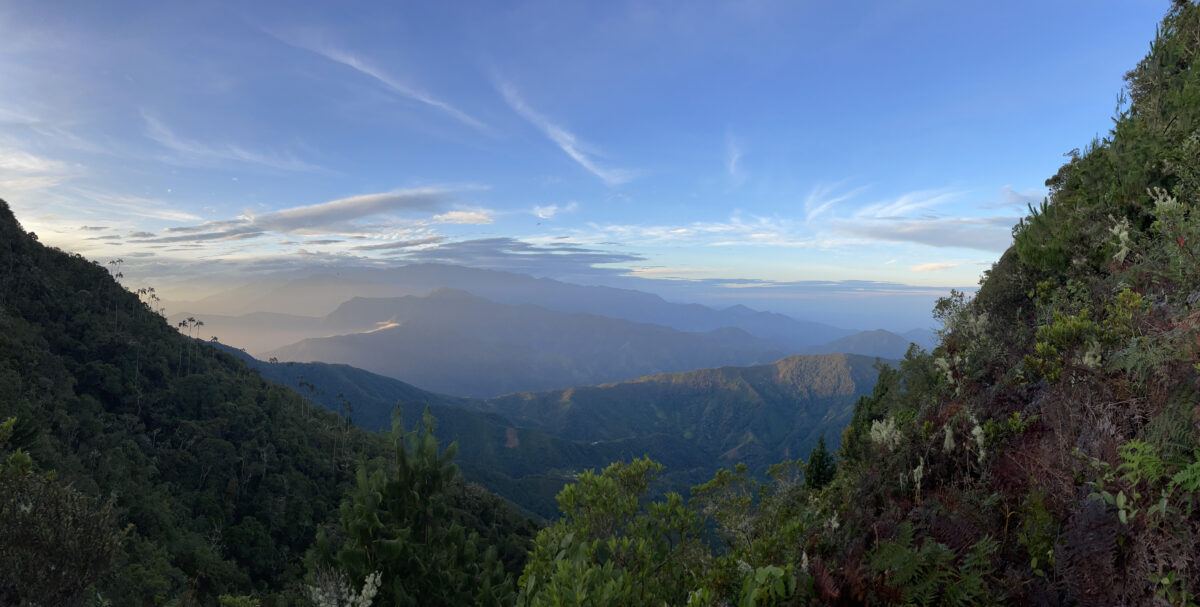
Felipe Zapata brings Latin American perspective as co-director of the Center for Tropical Research
Felipe Zapata, an associate professor in UCLA’s Department of Ecology and Evolutionary Biology, has stepped into a new position as the co-director of the Center for Tropical Research. He will…
Felipe Zapata, an associate professor in UCLA’s Department of Ecology and Evolutionary Biology, has stepped into a new position as the co-director of the Center for Tropical Research. He will lead the center with UCLA ecologist Elsa Ordway.
Felipe Zapata, an associate professor in UCLA’s Department of Ecology and Evolutionary Biology, has stepped into a new position as the co-director of the Center for Tropical Research. He will lead the center with UCLA ecologist Elsa Ordway.
As a native Colombian, Zapata said he has a personal understanding of diversity present in tropical ecosystems, as he was exposed to the tropics daily.
He studied tropical biology at the University of the Andes in Bogota, Colombia before leaving to the University of Missouri-Saint Louis where he got a Ph.D. in biology. He then conducted postdoctoral research on Amazonian trees at UC Berkeley and used computational biology to research evolution at Brown University.
At UCLA, Zapata’s latest research revolves around the evolution of biodiversity in tropical regions around the world — including Hawaii, Mexico, the Galapagos, and throughout the Andes in South America. He hopes to integrate ecology and evolutionary biology with social sciences and environmental humanities to advance conservation efforts.
Despite the globetrotting, Zapata’s academic focus remains on the region he grew up in.
“My heart and my passion are still for tropical biology,” Zapata said. “Through the center, I hope I can give back to the tropics.”
The Center for Tropical Research advances knowledge about biodiversity, evolution, and ecology of tropical communities and promotes conservation efforts by bridging academic research with policy. The center, part of UCLA’s Institute of the Environment and Sustainability, supports projects in 45 countries across six continents.
Zapata hopes to leverage his connections in tropical regions across the world to make UCLA a major global center for tropical biology. He also hopes to support local researchers in tropical communities by providing resources and training.
“Zapata will bring a real Latin American perspective,” said UCLA professor Thomas Smith, who founded the center in 1997. “He has this passion for making sure his results are used and pursuing approaches that do that so.”
Smith plans to remain co-director with Zapata and Ordway for three years before moving on to a position as research professor. He said Zapata’s goals to develop collaborative research on tropical forests and bring the results to decision makers aligns closely with the center’s longstanding approach.
It’s critical to protect the topics due to the oxygen they produce — 20% of the world’s atmospheric oxygen comes from the Amazon rainforest alone — and because they store vast amounts of carbon in trees and soil, Zapata said. Tropical forests are also centers of biodiversity, home to 80% of the Earth’s species. Human activities like deforestation and climate change-causing fossil burning jeopardize their survival.
“The tropics are one of the most threatened places in the world,” Zapata said. “We should emphasize how critical the tropics are for the future of humanity and the future of the world.”


